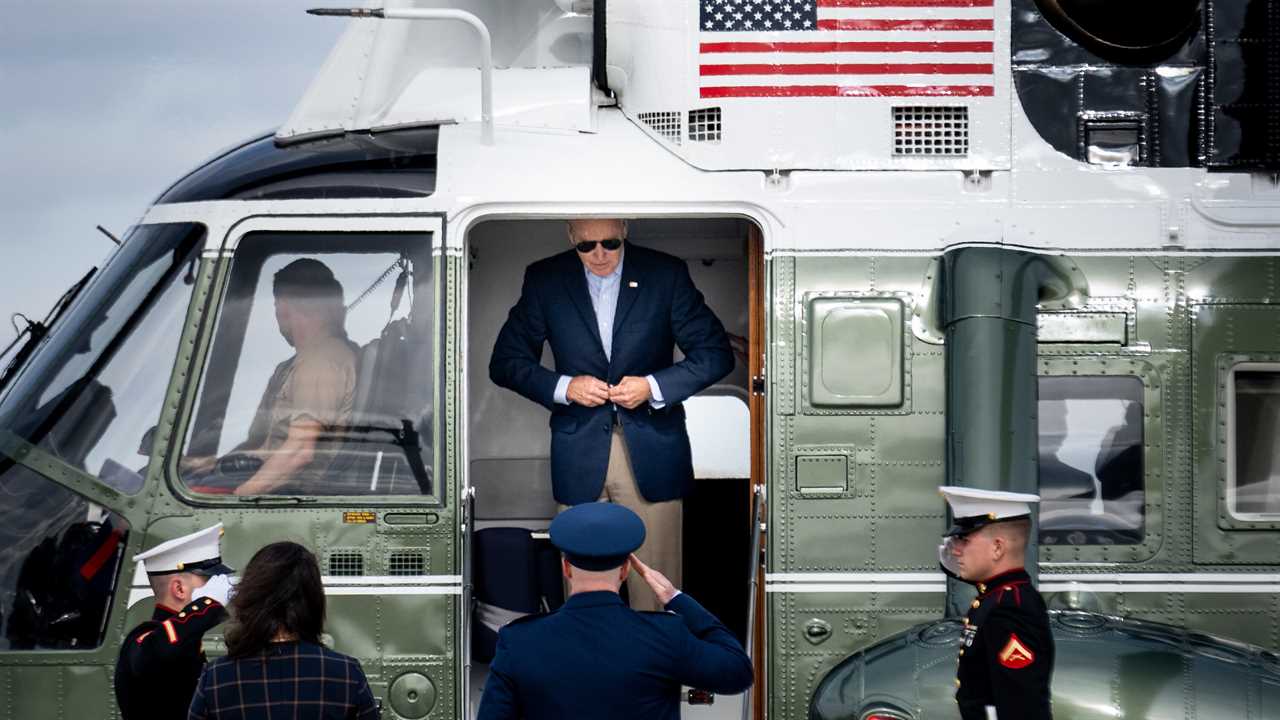
WASHINGTON — When President Biden gathered with world leaders at an English seaside resort in June, it was a backslapping celebration of America’s return to diplomatic stability after four years of public dressing-downs and impulsive policy withdrawals under President Donald J. Trump.
“America is back at the table,” Mr. Biden declared at that meeting, the Group of 7 summit.
In the tumultuous four months since, the president has found that not being Mr. Trump is not enough to accomplish his ambitions at home or abroad.
In his last public remarks before leaving Washington for the Group of 20 gathering in Rome this weekend, Mr. Biden was still struggling to unify Democrats behind a $1.85 trillion economic and environmental spending plan. That blueprint included more than $500 billion to combat global warming, which he had hoped to use as leverage to secure commitments from other leaders when he attends a climate summit in Scotland early next week.
“It’s about expanding opportunity, not opportunity to deny,” Mr. Biden said on Thursday. “It’s about leading the world. We’re letting the world pass us by.”
Mr. Biden, who often refers to his skills as a negotiator and his decades of foreign policy experience, will seek commitments from foreign leaders to combat the pandemic, untangle supply chain knots and slow a rush of inflation around the world. He will also seek to counter criticism about the chaotic withdrawal of American troops from Afghanistan in August and mend a rift with France over a nuclear submarine deal.
“I do still think that the president enjoys a tremendous amount of fundamental good will in Europe,” said Ian Lesser, acting president of the German Marshall Fund of the United States. Although recent polling from Gallup shows that America’s standing around the world has rebounded from the lows of the Trump era, “just because Biden is not Trump doesn’t make all of the policy issues easy to address,” Mr. Lesser said.
Mr. Biden will begin his time in Rome by visiting Pope Francis, but after that, diplomacy is on the agenda. He will meet Sergio Mattarella, Italy’s president, and Mario Draghi, its prime minister, and hold another meeting later that day with President Emmanuel Macron of France. Giving the French priority is a signal that Mr. Biden is trying to assuage them after the United States reached an agreement to provide Australia with nuclear submarines — effectively cutting France out of its own multibillion-dollar submarine deal with Australia.






